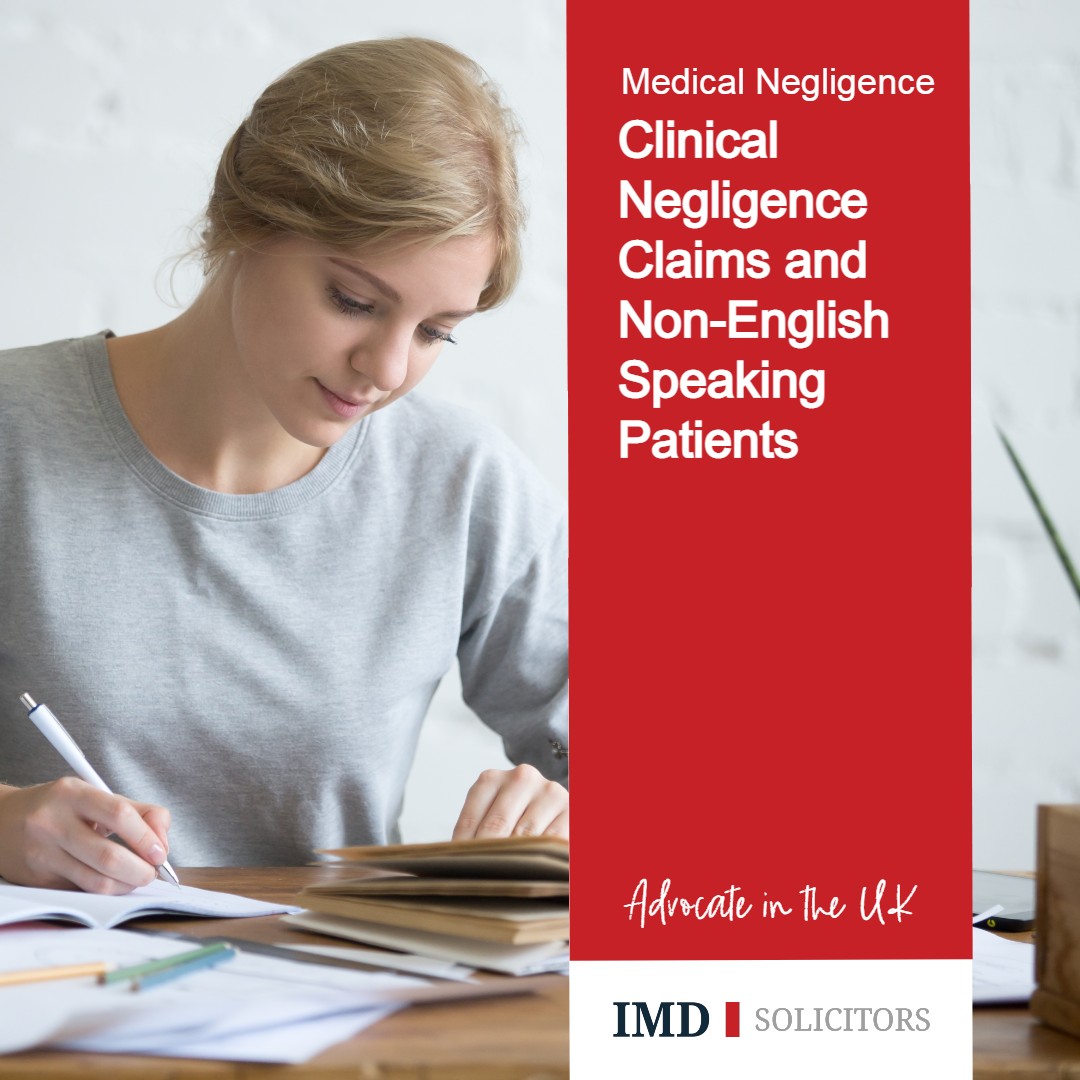
In the past two years I have learnt to appreciate the challenges many patients face whose first language is not English. This is so, because we also act for clients who speak Polish, Romanian, Lithuanian, and Russian language. Some people get by if they have ‘broken’ English but some really do struggle especially if they are by themselves.
Most GP surgeries and hospital once they are aware of the language needs will offer an interpreter though language line. This is helpful but we have heard clients who speak Polish and were offered a translator who actually speaks Romanian and little Polish. This can be a problematic of what the patient is experiencing cannot be conveyed accurately to the medical practitioner.
When a person is in pain and it is hard to describe how they feel it is even more important patients feel heard and understood. The doctors and nurses also want to know that they clearly understand the symptoms as they want to make an accurate diagnosis and help those they serve. They also need to capture a detailed history of the health issues and symptoms. This can be challenging without the right interpreter.
What happens in emergency situations when the patient needs help and there is nobody nearby or available on the language line to help with the translation? We have seen cases where this has happened.
For those who do not speak English and are unable to have a conversation without someone to translate it is important they ask for help to avoid any misunderstanding and miscommunication.
If you or a loved one have suffered through Clinical Negligence and what to speak to a lawyer in your language, our Medical Negligence team consist of people who do speak Polish, Romanian, Lithuanian and Russian as well as English. When you contact us just ask to speak to someone who speaks your language and we will be happy to be of help.
This article is for general information only and does not constitute legal or professional advice. Please note that the law may have changed since this article was published.